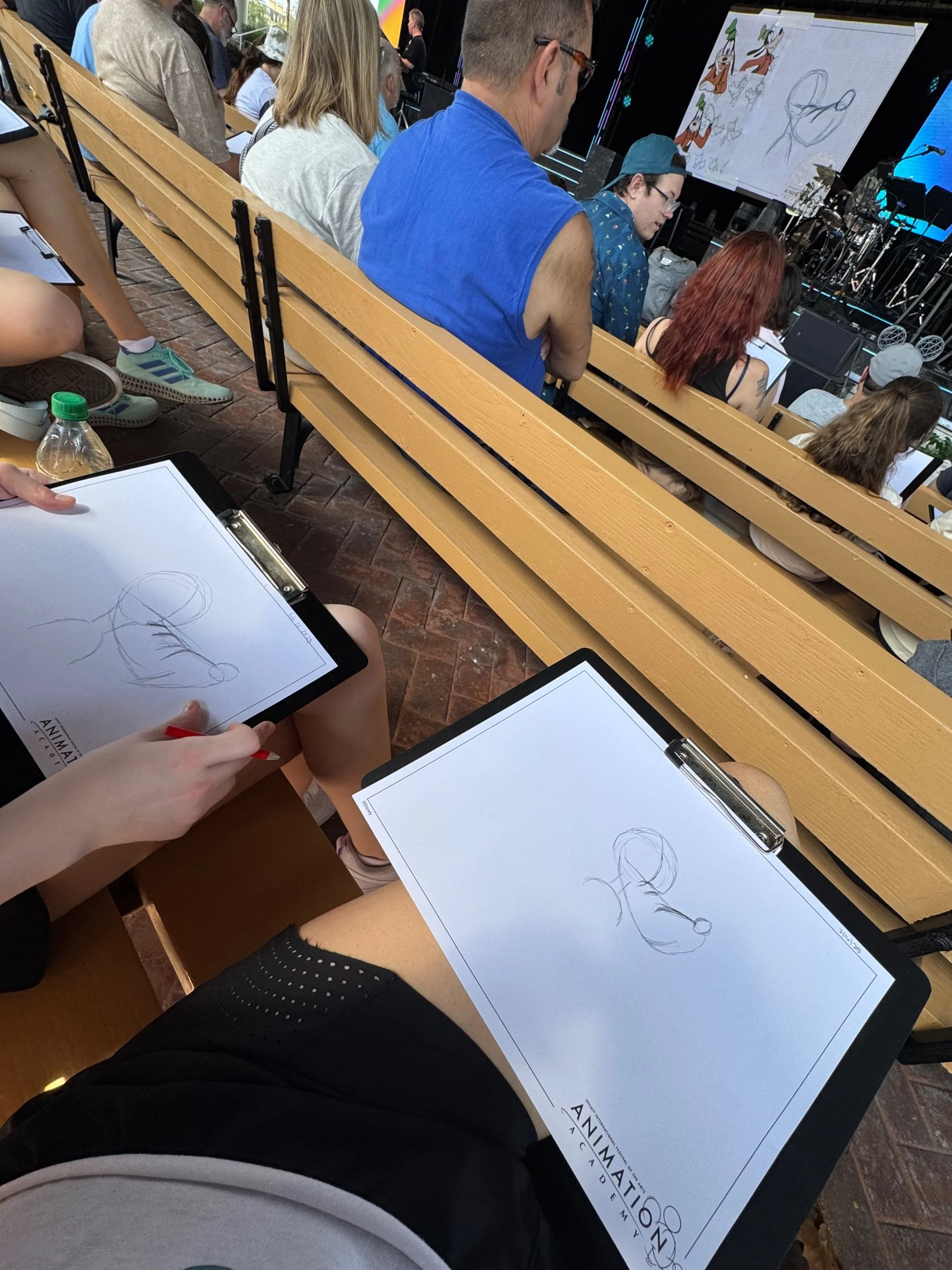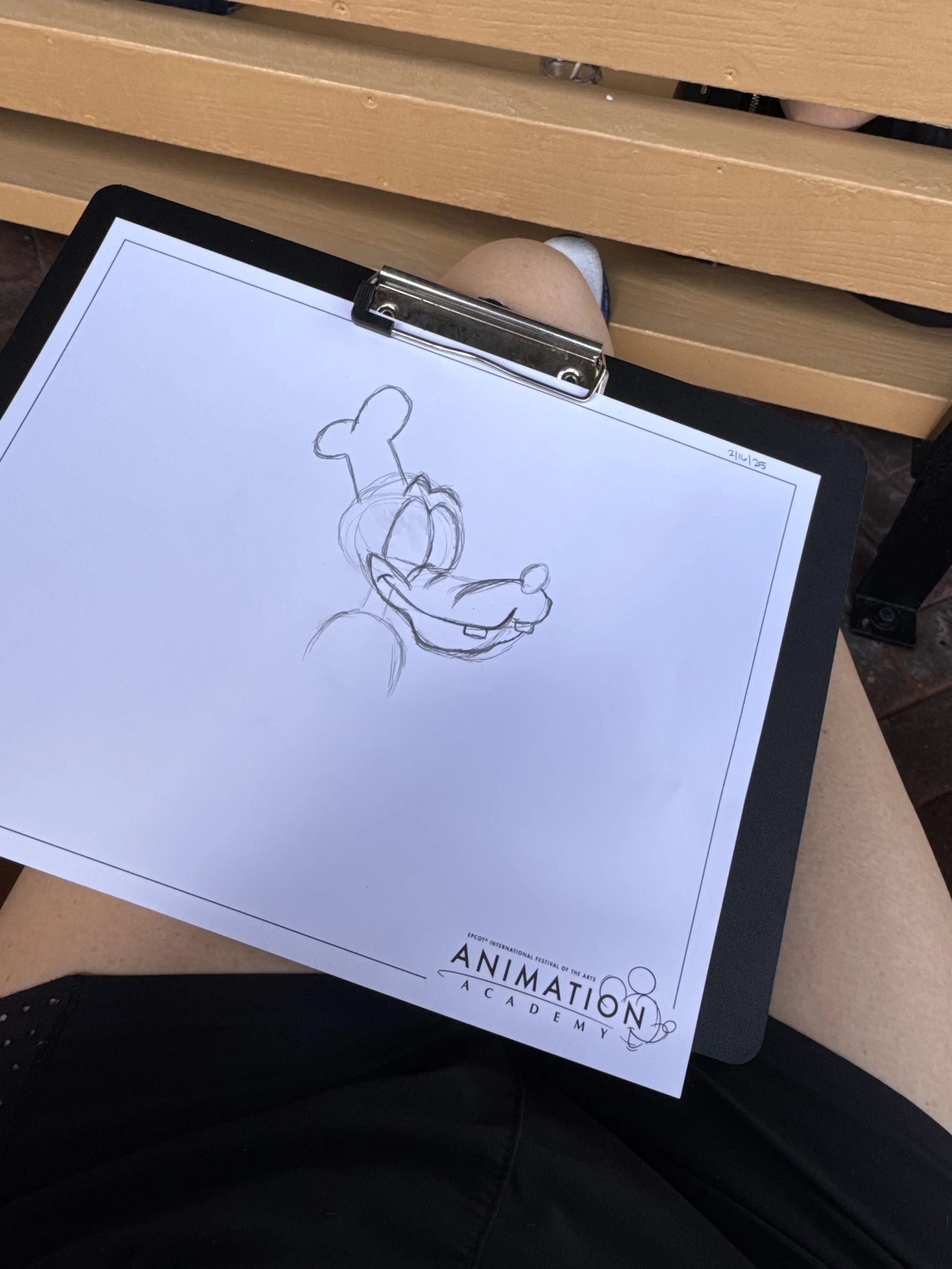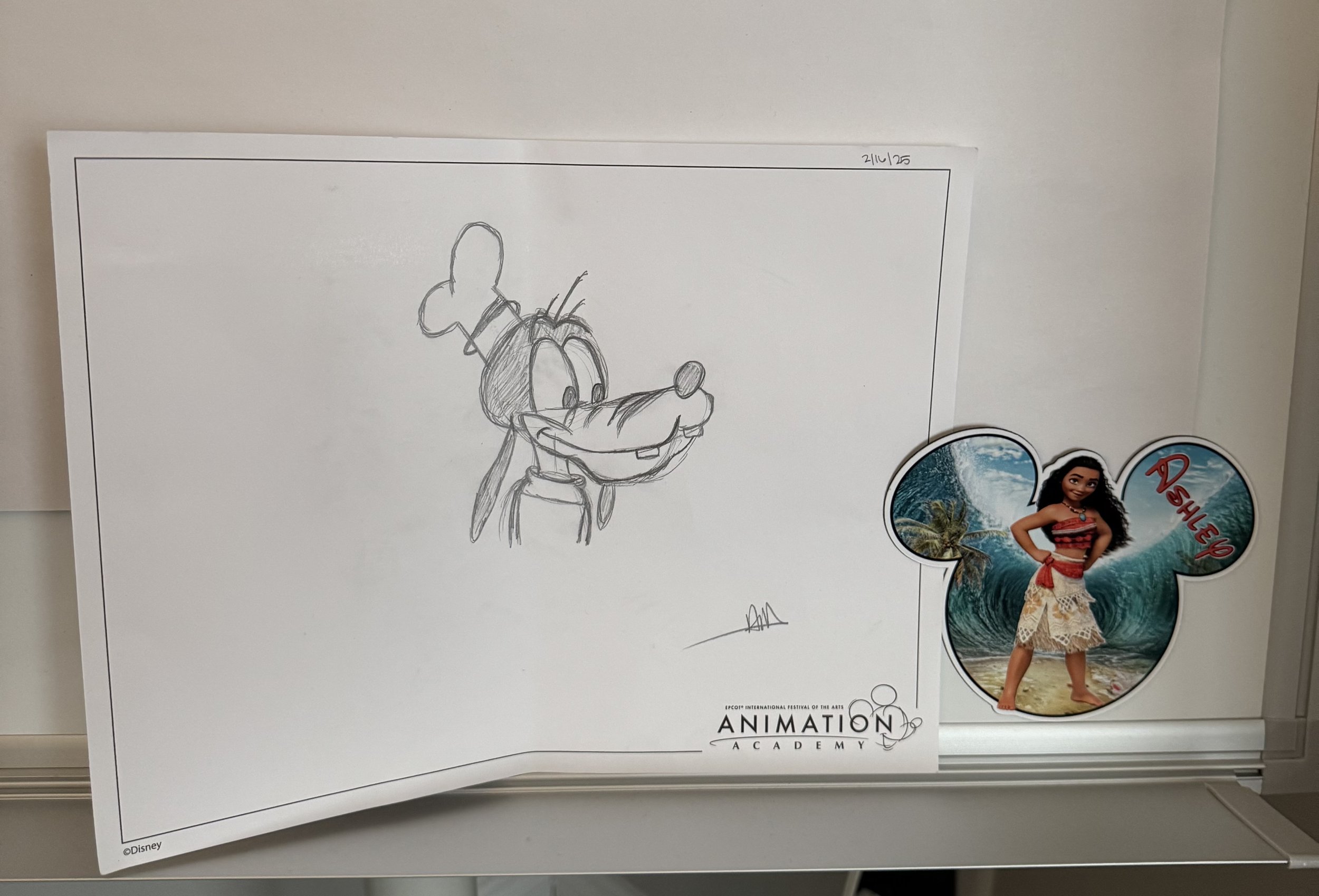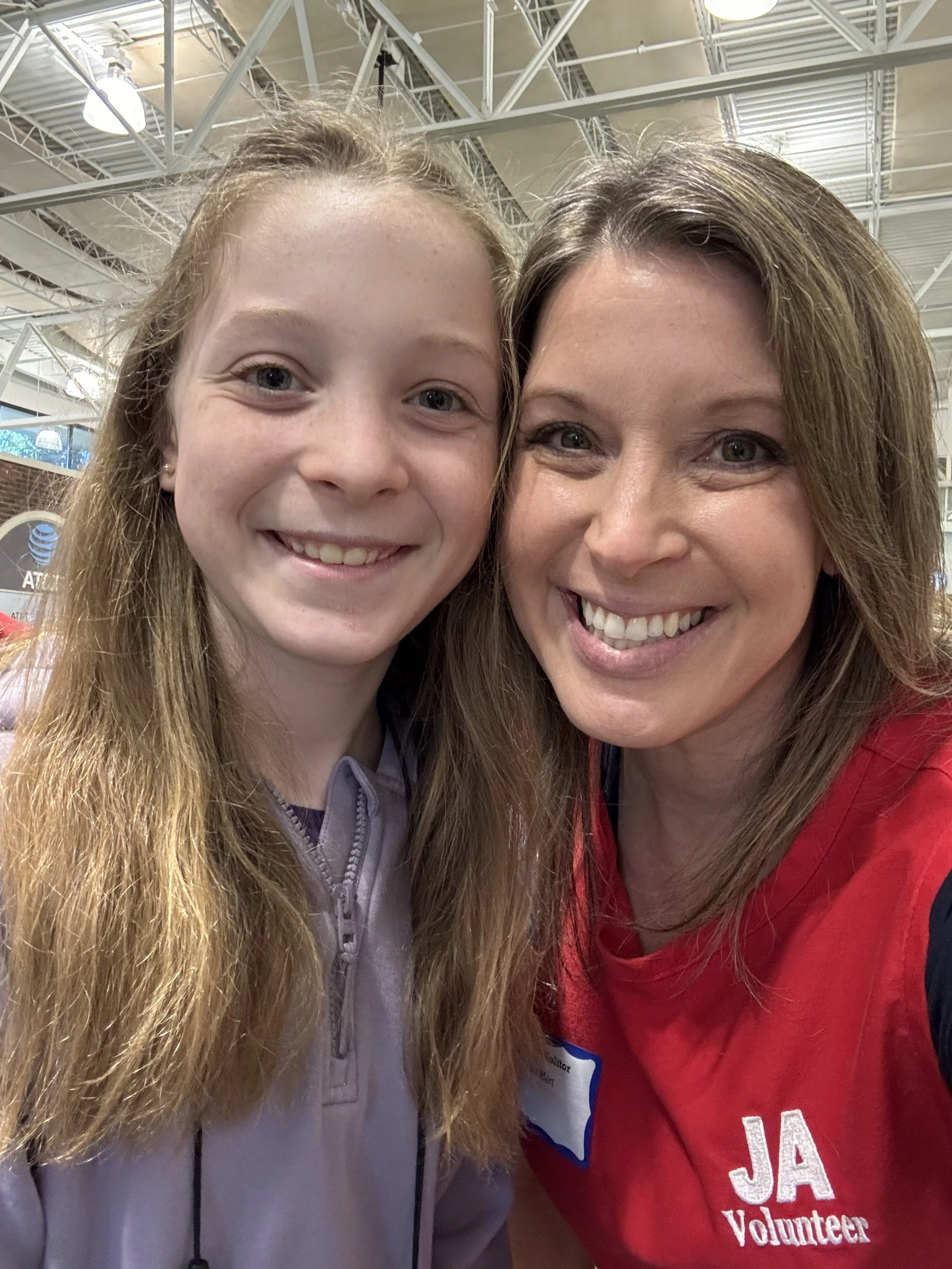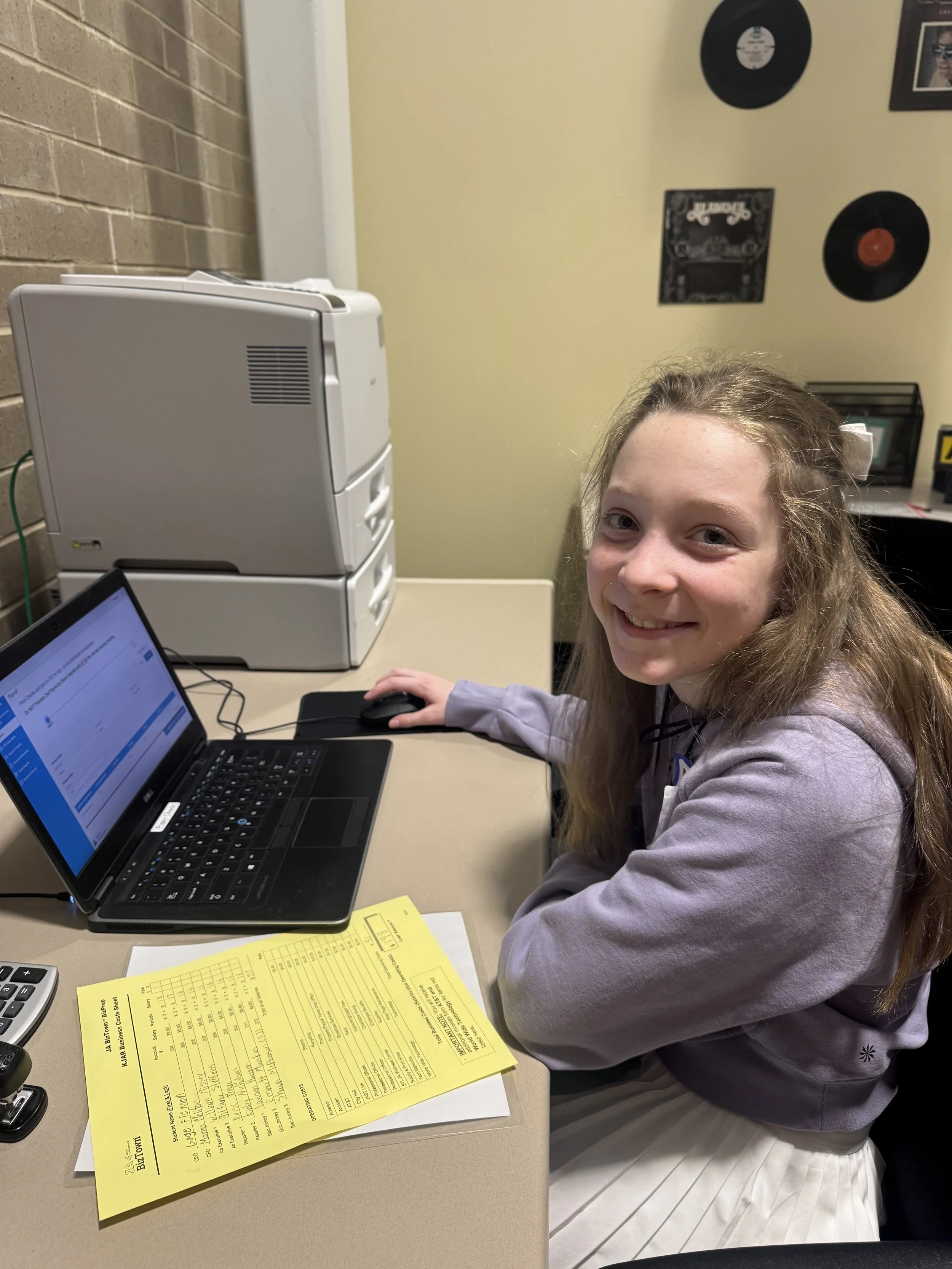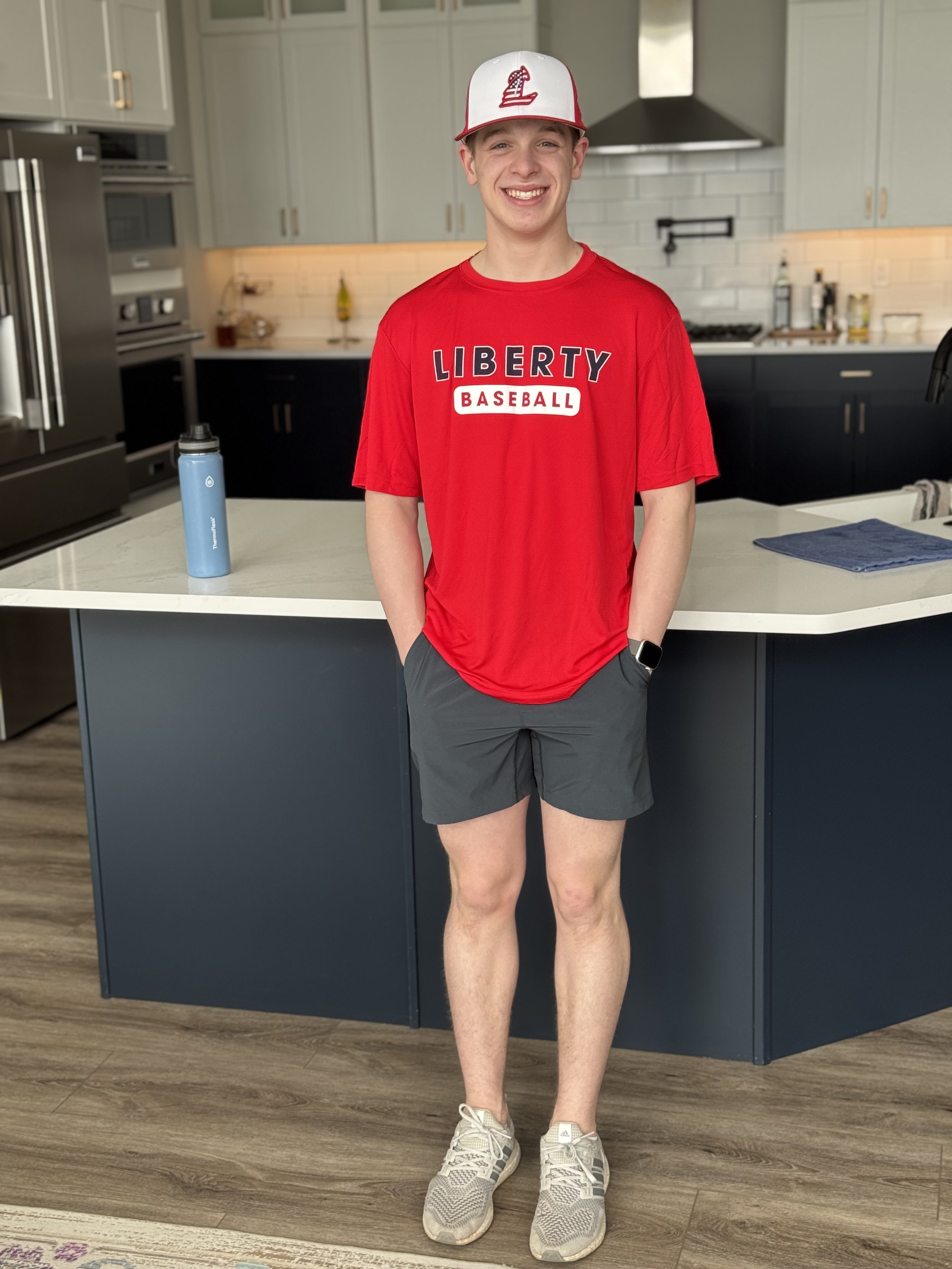I didn’t grow up hearing the words rupture and repair—but now that I understand what they mean, I can’t unsee how powerful they are.
Rupture: Those moments when something’s off—tension, disconnection, harsh words, slammed doors. The vibe shifts. And while it might feel like everything’s falling apart in the moment, rupture happens. It is human. It’s what we do after that matters most.
Repair: There’s something powerful about repair—and I don’t just mean teaching it to our kids. I mean modeling it. Living it. Owning our humanness in front of them so they know it’s safe to be human, too.
I can't say the start of this process in our home was me—it was Aaron. As he was working on his emotional regulation, he learned that outbursts are still bound to happen, but he could still take action to repair the situation—something NEITHER of us ever did in the past nor even knew was a thing. (We are over here undoing years of parenting in the only way we knew how, and now that we know better, we’re doing our damndest to do better. Still messy. Still human. Definitely not perfect.)
One of the things Aaron realized—and helped us all start to understand—is that we don’t have to just "let it blow over." That old idea of sweeping it under the rug and pretending it didn’t happen? It doesn’t work. What does work is coming back together, owning what happened, and choosing to repair instead of ignore.
Things to consider:
-If you're not in a place where you're ready to admit that you didn't like how you showed up—like saying, "I was wrong"—then you're just not there yet. You have to be able to take ownership.
-It would be nice if we could always correct our kids without losing our shit—but for a lot of us, that just isn’t available emotionally in the moment. And that’s part of our work. (i.e. learning to regulate your own emotions..our kids aren’t responsible for our emotions, we are - I’ll share more on this at a later date, don’t you worry)
-You can still correct your kids—because you're the parent—you’re even allowed (and expected) to guide them. But delivery matters, so when you do it from an activated or reactive place, that where the rupture happens.
-In those times when you do lose your shit (because yep, it’ll still happen), take the time to calm down, then come back and own it. You can acknowledge what happened on both sides and name what needs to change. That’s the repair.
ANYWAY…
The whole reason I started this post is that the other night, my son was spicy. He said something that rubbed me the wrong way, and I told him—gently but honestly—how it landed. I also let him know I needed a minute to process it. Later that night, he came to me. He explained what he really meant, why he said it, and that it didn’t come out the way he intended. And even said he was sorry.
That moment hit me—not because he was perfect or handled it flawlessly. But because he came back. He took ownership. He repaired. And I wish I could say he learned that trick from me, but his dad has shown him the power of repair. Aaron has honestly been way better at this than me—he’s been modeling it for longer, and it’s something I’m still learning. My first repair with Mason, I sent via text message. #momoftheyear
But it was better than sweeping it under the rug. Work in progress over here, for sure.
A few weeks ago, we had another moment like this. We both lost our cool. Aaron was traveling, emotions were high, stomachs were empty, voices were raised, and it wasn’t our finest moment. But later that night, we both apologized. We both acknowledged that we didn’t like how we showed up in that moment. We explained how each of us was feeling that caused our reactions - we took ownership - “it wasn’t you, it was me and I’m sorry I acted that way.”
That’s not something I saw modeled growing up. My parents yelled, but I don't remember either of them ever apologizing. (This is to no fault of their own—they likely parented the way their parents did.)
For a long time, I believed that when I yelled at my kids, I was a shitty parent and I was completely screwing them up. So I just lived with mom guilt and shame of not being able to go back and get a do-over with my kids. Which by the way, when we constantly live with these thoughts and feelings - they create more of what we DON’T want to do as a parent - but that is another blog, another time.
I didn’t realize two really important things: 1) I could learn how to better manage my emotions, and 2) I could repair. I thought once you lost it, the damage was done. I had no idea that going back to own it could be part of the process, too.
It’s not about being perfect! It’s about what you do after.
I don’t want my son (or daughter) thinking love means never getting upset. Or that strong relationships are the ones where no one ever says the wrong thing. That’s not real life. Real relationships have friction. People get it wrong. Emotions take over. And the most important part isn’t being flawless—it’s being willing to go back, take ownership, and try again.
That’s what we want to normalize.
I want both kids to know that it’s okay to be human. That repair matters more than perfection. That circling back and saying, “Hey, that didn’t feel good, and I want to make it right,” is strength—not weakness.
Because if we don’t show our kids how to apologize, how to own their mess, how to come back to the table… then how will they ever feel safe to do it themselves?
Repair starts with us. Not because we’re trying to be the perfect parent. But because we’re working on being the human one.
Also, this whole concept of rupture and repair? We didn’t invent it. It’s not some magical parenting tool we dreamed up one night. It’s been around. We just never learned it. Or had the emotional capacity to use it. Until now. And it would be selfish of me not to share how it has positively impacted our home - not just with the kids but also in our marriage.
PS - Repair isn’t an excuse to keep yelling and apologizing on loop. At some point, the cycle has to shift. That’s where emotional regulation work comes in. We can’t just rely on repair to clean up our messes—we have to also work on making fewer messes in the first place. Not from perfection, but from growth.
The goal isn’t to never mess up again. The goal is to mess up less often, and repair more consistently when we do.


